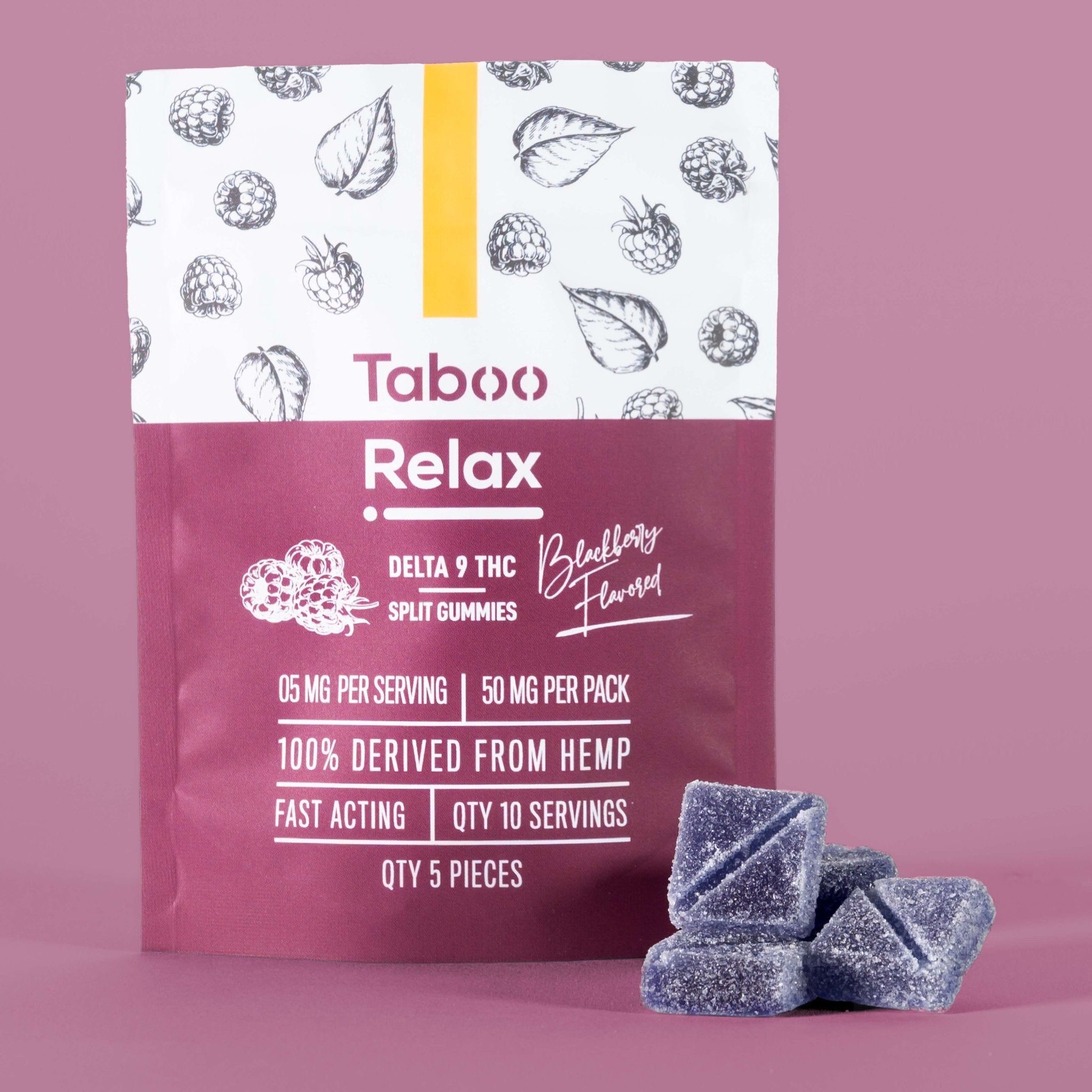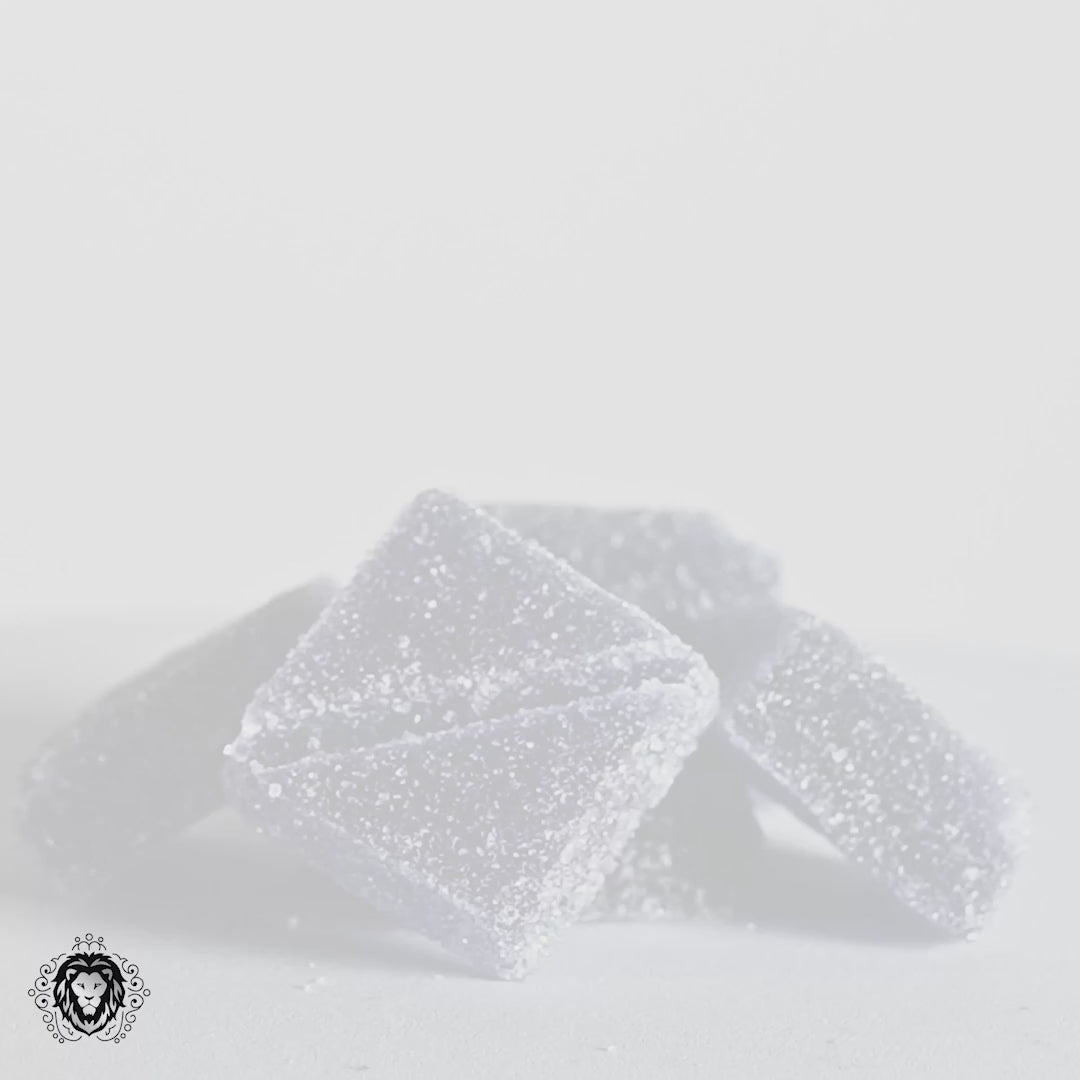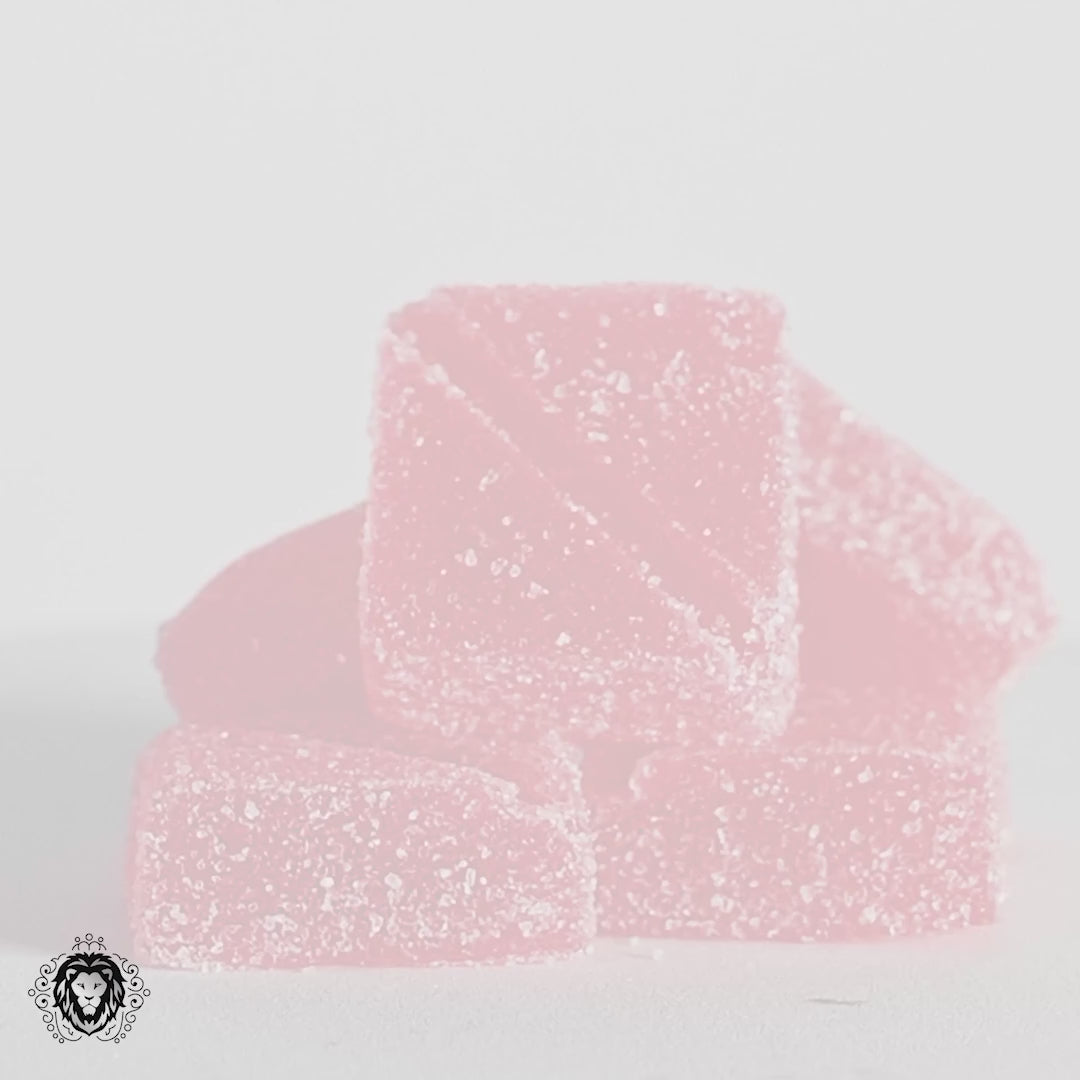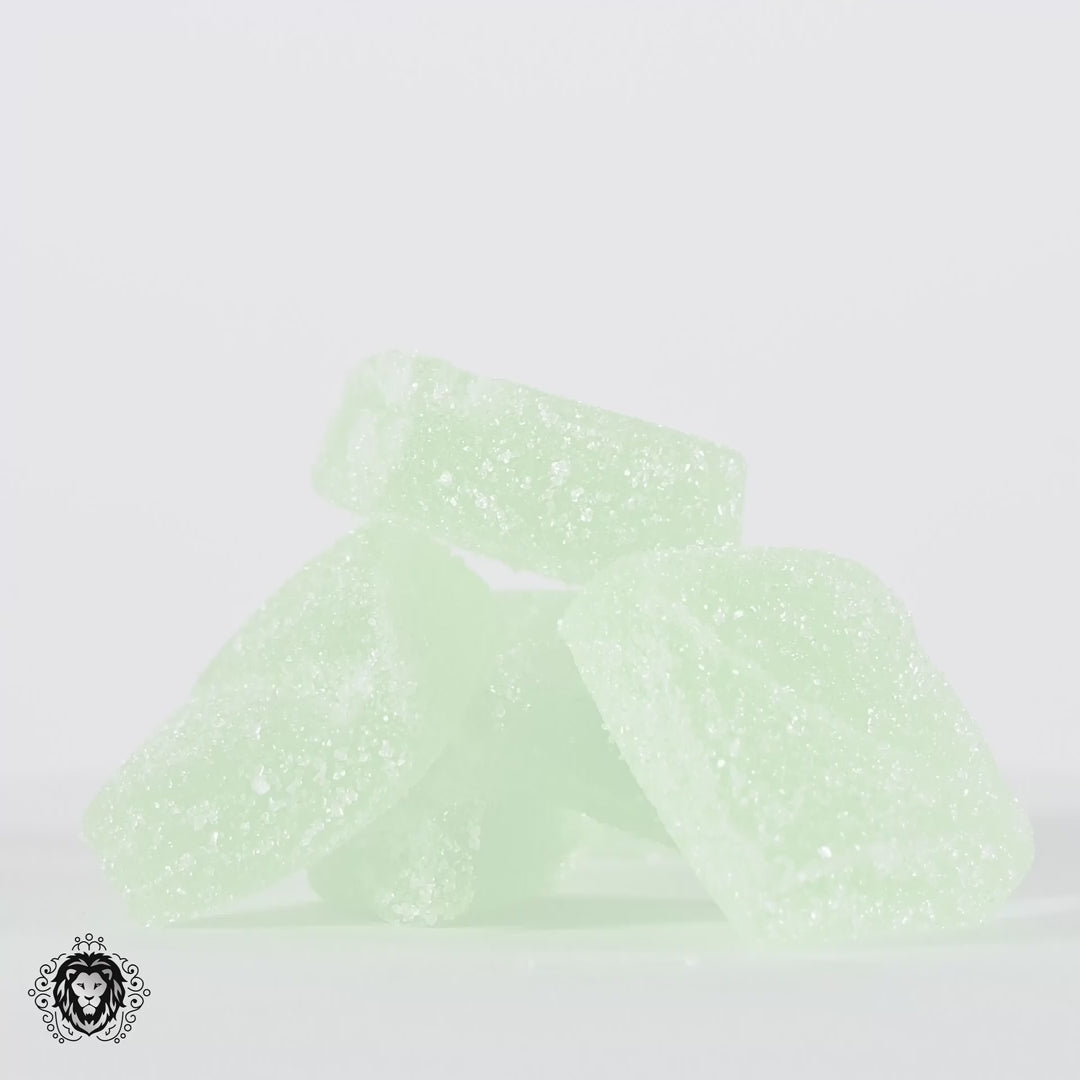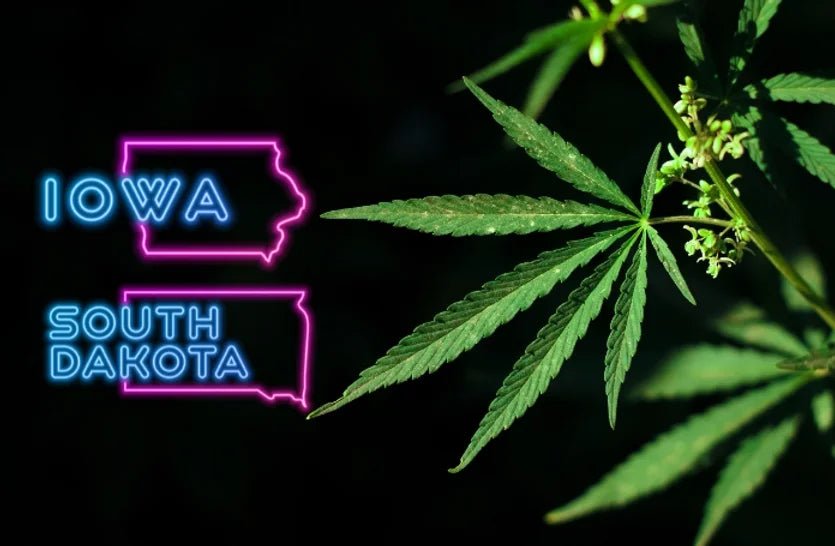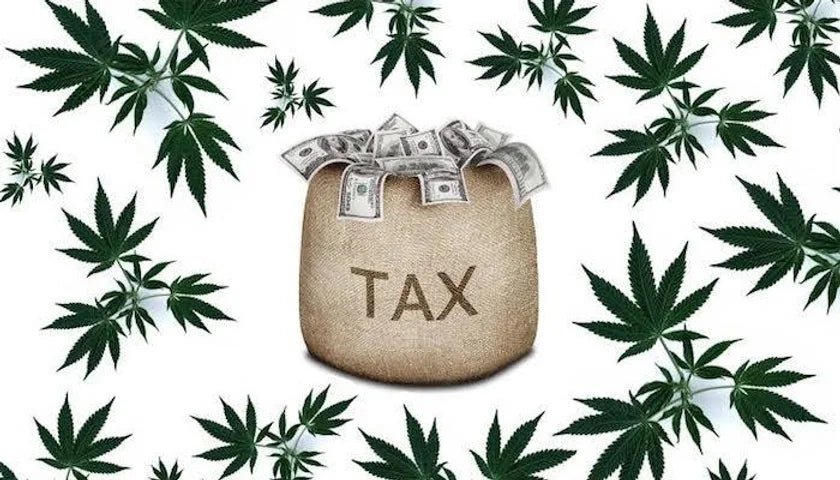
New Legislation Targets THC Limits in Louisiana
The recently signed statute also targets THC limits in hemp-derived products and establishes regulatory guidelines for THC-infused beverages.
Prohibition of THC-A Flower and Intoxicating Hemp Derivatives
New Louisiana Law Prohibits THC-A Flower and the Sale of Intoxicating Hemp Derivatives at Gas Stations
Another state in the deep South has officially made hemp and its intoxicating derivatives a little more challenging to manufacture and sell. As first reported by MJBizDaily, all smokable hemp flower products, most notably THC-A, are now illegal in Louisiana thanks to a new law designed to restrict intoxicating hemp derivatives or IHDs in the Bayou State.
Key Provisions of House Bill 952
In addition to the ban on specific IHD offerings, House Bill 952, which Gov. Jeff Landry recently signed into law, also:
- Forbids the sale of IHD products in gas stations, convenience stores, and other businesses licensed to sell alcohol.
- Establishes new limits on the amount of THC allowable per serving, though there is built-in flexibility within the statute’s provisions.
THC Limits and Product Regulations
Under the new law, “consumable hemp products” will now be restricted to a total THC limit of 5 milligrams per serving and no more than 40 milligrams per package. However, the bill does empower the state health department to approve IHD items with more than the 5-milligram limit provided “the consumable hemp processor satisfies certain requirements.”
Defining Total THC
According to the measure, “total THC” is now defined as “any combination of tetrahydrocannabinol, tetrahydrocannabinolic acid, THC component, or any derivative thereof.”
Restrictions on THC-Infused Beverages
Likewise, hemp-derived THC beverages will remain legal but cannot be sold in containers smaller than 12 fluid ounces. In addition, businesses must submit all potential products to the health department for chemical analysis and approval.
Blanket Ban on Smokable Hemp Items
However, the new law’s most impactful and rigid provision concerns all smokable hemp items. In constructing the measure’s language, lawmakers were adamant about including a blanket ban on “any floral hemp for retail sale,” prohibiting all smokable hemp flower, including the polarizing THC-A.
Separation of Hemp-Based Products from Alcohol
The law’s sponsors and advocates also want to keep hemp-based THC-infused beverages separate from the state’s alcohol industry. While still allowing for the manufacture and sale of the popular alcohol alternative drinks, lawmakers made it clear that businesses with alcohol permits would not be allowed to market and sell any products from the state’s hemp industry.
Restrictions on Marketing and Packaging
The statute also bans the practice of adding IHDs to an alcoholic beverage “at the retail level” and also prohibits packaging and marketing materials aimed at attracting children.
Regulatory Framework for the Hemp Market
The Louisiana law is similar in structure and intent to several other pieces of legislation recently signed into law aimed at creating a regulatory infrastructure for the fast-growing and increasingly popular hemp market sector.
Balancing Safety and Market Growth
For many industry advocates and stakeholders, the new statute represents a more balanced approach to the complex question of what to do with hemp, particularly IHDs. As with most compromises, both sides of the issue are not entirely satisfied with the ultimate outcome.
Conclusion: Progress for Public Safety and the Hemp Industry
However, progress is being made in keeping the public safe and helping maintain a healthy and robust hemp market sector, which provides thousands of jobs and generates millions in much-needed revenue for the state.
FAQ
Is THCA legal in Louisiana?
Louisiana has had THCA classified as illegal for quite some time now. Louisiana bans smokable THCA flower, which is federally legal under the 2018 farm bill by products with 0.3% THC levels Please check local regulations before you buy.
Is THC Flower legal in Louisiana?
Unfortunately, THCA flower is illegal in Louisiana. The state has strict cannabis rules, and only the sale and possession of high-THCA marijuana products for medical use are exempted. Some processed hemp products may be available if they meet the standards set by the state.
Why Did Louisiana Ban THCA Sales at Gas Stations and Convenience Stores?
In that respect, Louisiana banned the sales of THCA at filling stations and convenience stores to regulate access to intoxicating hemp products. This law aims to prevent underaged sales and ensure safer distribution.
What Are the Best Legal Alternatives to THCA in Louisiana?
Admitted legal alternatives to THCA in Louisiana are hemp-derived CBD and Delta-8 THC that is compliant with the federal guidelines. These are definitely some of the best that will help you to relax within legal measures. It is always advised to buy from reliable places keeping the quality of products in your mind and also being true with your states laws.



























